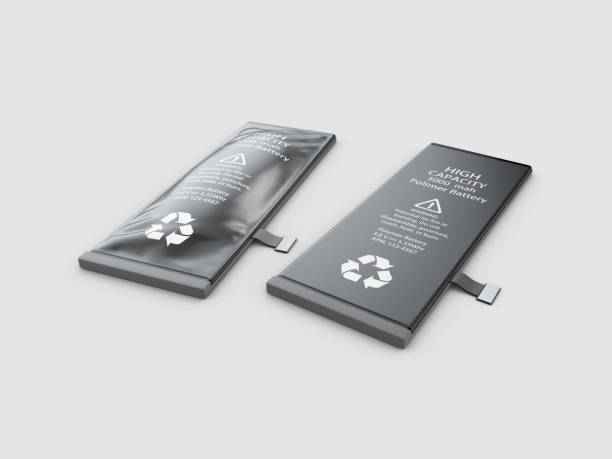When a battery pack swells, it is a sign that there is something wrong, and you need to take immediate action to prevent further damage. Swelling, or ballooning, of a battery pack, can be caused by several different issues, ranging from a manufacturing defect to overcharging or overheating. It is essential to identify the cause of the swelling and take the appropriate measures to correct the problem before any more damage is done. This article will explain why a battery pack may swell and offer tips on how to fix the issue.
What Causes a Battery Pack to Swell?
In general, there are three major causes of battery pack swelling: manufacturing defects, overcharging, and overheating.

Manufacturing Defects
Sometimes, a battery pack may swell due to a manufacturing defect. This is most likely to occur in poorly made or low-quality batteries. Manufacturing defects can include improper construction, incorrect soldering, or faulty materials that cause the battery cells to expand.
Overcharging
Another common cause of battery pack swelling is overcharging. This occurs when the battery is charged beyond its designed capacity. Overcharging can cause the battery cells to expand, leading to swelling.
Overheating
Finally, battery pack swelling can be caused by overheating. As batteries become hot, they may swell due to the increased pressure inside them. This can be caused by prolonged exposure to high temperatures, charging the battery in direct sunlight, or using the battery while it is in direct sunlight.
How to Fix a Swelling Battery Pack
The first step in fixing a swollen battery pack is to identify the cause. If the swelling is due to a manufacturing defect, the battery should be replaced as soon as possible. If the swelling is due to overcharging or overheating, the following steps should be taken.
1. Stop Using the Battery Pack
If the swelling is due to overcharging or overheating, it is important to stop using the battery pack immediately. This will prevent further damage and allow the battery to cool down.
2. Remove the Battery Pack
If the swelling is due to overheating, it is important to remove the battery pack from the device. This will help cool down the battery and prevent further damage.
3. Allow the Battery to Cool Down
Once the battery pack is removed, it is important to allow it to cool down. This can take several hours, depending on the severity of the swelling.
4. Check for Leaks
Once the battery has cooled down, it is important to check for any signs of leaking. If there is any liquid seeping from the battery, it should be replaced immediately.
5. Charge the Battery Slowly
Once the battery has cooled down and there are no signs of leaks, it is safe to charge the battery slowly. This will help to prevent overcharging and further swelling.
Conclusion
When a battery pack swells, it is a sign that something is wrong. Swelling can be caused by several different issues, ranging from a manufacturing defect to overcharging or overheating. It is important to identify the cause of the swelling and take the appropriate measures to fix the problem. This article has explained why a battery pack may swell and offered tips on how to fix the issue.
About Semco – Semco University is an educational website that is catering to the needs of students and researchers. Offering information on Lithium-ion batteries. The resources and content are compiled from various sources including manufacturers, test labs, crowdsourcing, etc. Our motto is to provide a viable resource for companies, students, and enthusiasts interested in participating in the Li-ion Battery industry. Our initiative is to make people aware of the benefits, and opportunities of the revolutionary Lithium Batteries for multiple applications
For More Updates Follow Us

